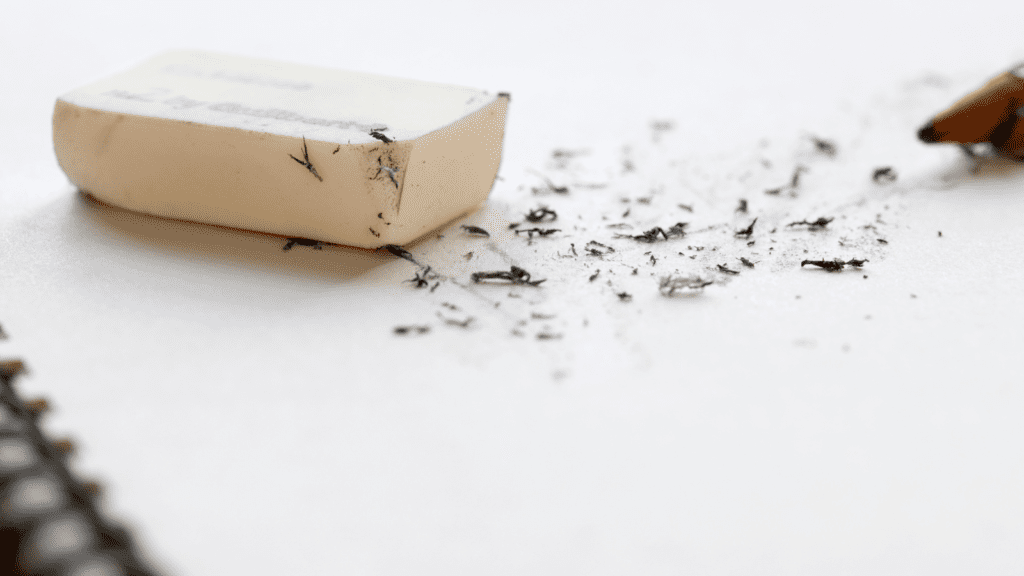Why You Shouldn’t Judge Writers Who Make Mistakes
A couple of weeks ago, I had an editor I’m connected with online leave a comment on one of my posts. I’d made a spelling mistake in my very first line, and it had distracted her. (Not surprising, given the nature of her work.) I corrected the error and thanked her. Not everybody is so gracious when they see mistakes in writing, however.

Increasingly, I see cancel culture creeping into reading and publishing. If you make a mistake, the assumption is that you’re suddenly a bad writer who doesn’t care or thoroughly review your work. Readers sometimes will Did Not Finish (DNF) a book because of that assumption. They allow their perception of the author to get in the way of whether the content is meaningful or enjoyable. The most critical readers vent their frustrations to others in scathing reviews.
Usually, though, the idea that a writer who makes mistakes is bad or disengaged from the craft is not even close to being true. Let’s check out a few of the big reasons:
1. They might not even be the one who created the error.
Even when an author self-publishes a manuscript, they can hire outside editors or other providers like formatters. It’s sometimes these individuals that cause errors. Many writers have been livid with the individuals or companies producing their books because those individuals or companies made incorrect changes to the text, over-relied on software, or misunderstood the writers’ meaning. Once a book goes live or is printed, it can be challenging to correct the errors in a cost-efficient way.
2. The brain and body are imperfect, biased, and seek efficiency (even in writers).
The human brain will find shortcuts and ways to categorize anywhere it can. That’s great for efficiency. But it means that skilled writers who care deeply can pore over their work so much that it becomes a disadvantage. Their brains start skimming and not truly processing the content. So, the writers don’t even realize the mistakes are there to fix. And many fantastic storytellers are working against issues like dyslexia or physical ailments like poor eyesight. To expect writers to turn out a 100 percent perfect product, particularly if they do not have much help in production, is not realistic.
Writers face a lot of you-know-what.
Let’s go back to the story I opened this post with for a second. Why did I make the mistake I did? I was serious about my message. I read it over multiple times. But the error slipped by me because I was on three hours of sleep. And I was on three hours of sleep because I’ve been working overtime after my husband got laid off, helping my son navigate school independently online, and struggling with Restless Legs Syndrome.
Poor circumstances can drain excellent writers so they’re not functioning quite as well as they want to be, worsening the brain/body bias/fatigue problem. Everything else going on in their lives can rob them of the extra focus and time they need. When others judge writers for small errors, such as my single typo, they fail to acknowledge what the writers might be overcoming just to publish.
When you see writers make mistakes, little grace goes a long way
It’s a good thing to push writers to do well. But because they can be working with others (or have no one to help at all), and because they cannot be perfect and encounter circumstances that influence the results they can produce, extending a little grace to them when you see an error is appropriate. Aim to judge the quality of their work over the long haul, rather than rejecting everything because of specific problems that don’t appear consistently. Can you alert them that you see an issue? Sure. Just do it kindly. If you’re compassionate and clear that you want to help, they’ll love you for helping them improve their work.
Image credit:
IPGGutenbergUKLtd from Getty Images